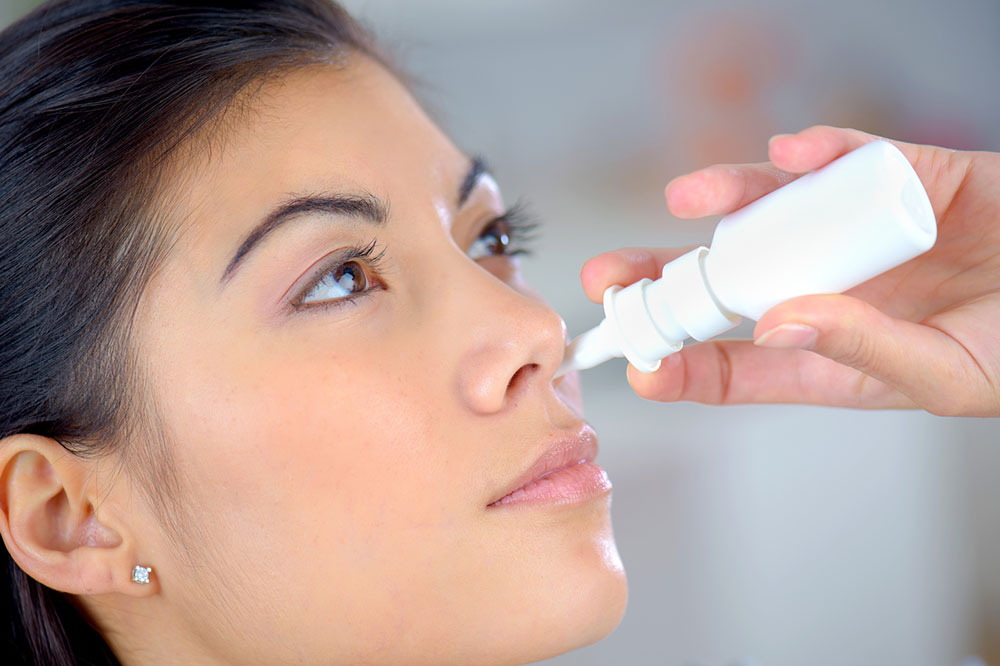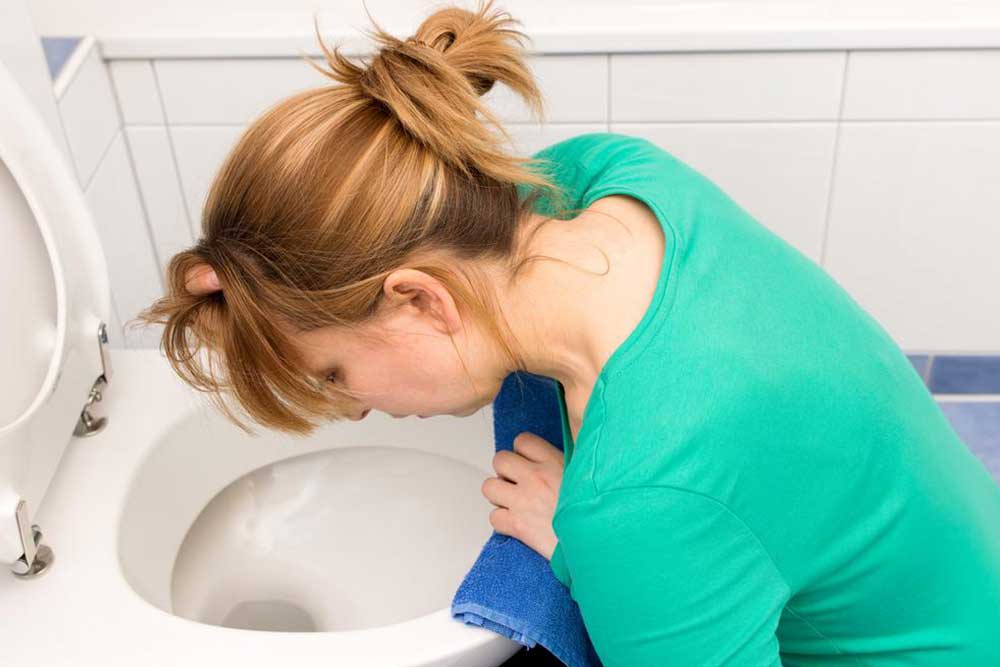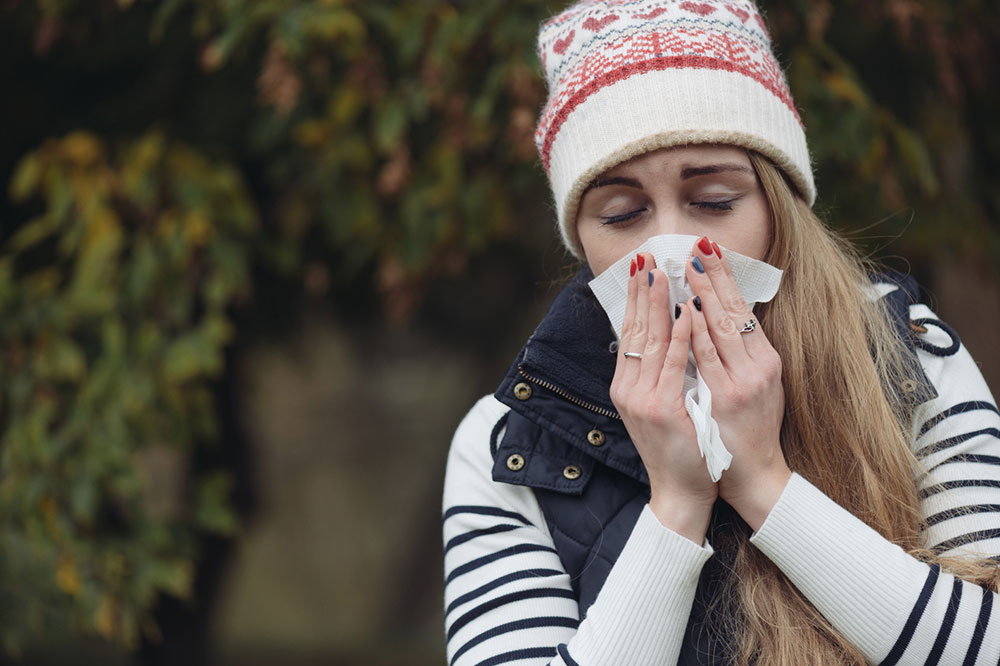Understanding Nasal Polyps: Causes, Signs, and Prevention Tips
This article offers an in-depth look at nasal polyps, covering their causes, symptoms, and prevention strategies. Learn how these benign growths affect breathing and discover ways to manage or prevent their development effectively. Recognizing symptoms early and reducing exposure to triggers can improve quality of life and nasal health. Seek professional advice for personalized treatment options to address nasal polyposis comprehensively.

Understanding Nasal Polyps: Causes, Signs, and Prevention Tips
Many people experience nasal congestion, sneezing, and headaches but struggle to identify the root cause. Often, these symptoms are due to nasal polyps—painless abnormal tissue growths inside the nasal passages. Affecting approximately 4% of the population, nasal polyps are linked to conditions like allergies, asthma, and sinus infections. This article explores what nasal polyps are, their causes, symptoms, and ways to prevent or manage them effectively.
What are nasal polyps?
Nasal polyps are non-cancerous growths forming on the mucous membrane inside the nose. The mucosa helps humidify air and protect sinuses. When irritated over time, this lining can develop growths that may obstruct airflow and cause breathing difficulties.
What causes nasal polyps?
The exact cause of nasal polyps remains unclear, but several factors seem to increase risk, including:
Chronic sinus infections
Asthma episodes
Allergic reactions like hay fever
Churg-Strauss syndrome
Cystic fibrosis
Sometimes, genetic predispositions may also play a role in their development, even without obvious triggers.
What are the symptoms?
Since nasal polyps can block nasal passages, many individuals remain unaware of their presence due to limited nerve sensitivity. Recognizing the symptoms is crucial for early diagnosis. Common signs include:
Nasal congestion or runny nose
Postnasal drip
Stuffy nose feeling
Breathing through the mouth without awareness
Loss of smell
Nasal blockage
Snoring
Potential sleep apnea development
Prevention measures
While complete prevention is challenging, minimizing exposure to allergens and irritants can help reduce risk. Desensitization therapies and medical treatments like nasal sprays and medications may alleviate symptoms and promote better nasal health.










